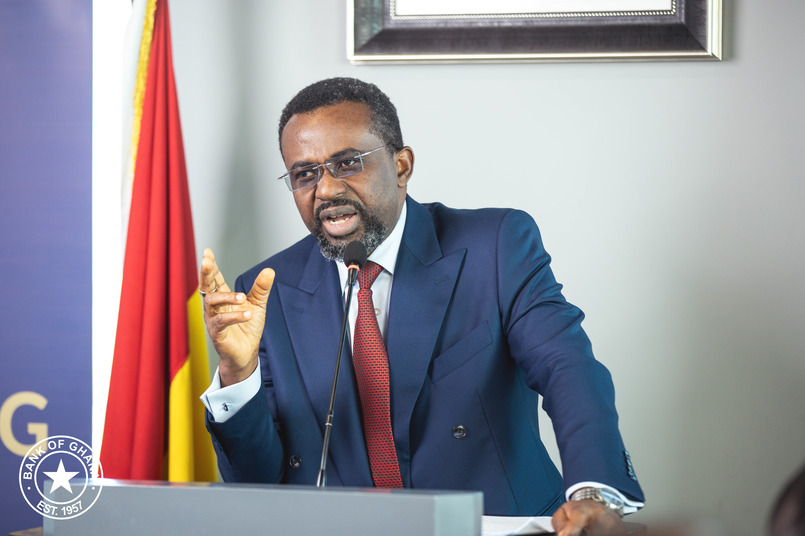– Ghana’s monetary authorities on Wednesday announced a 300-basis-point cut in the benchmark lending rate to 25 percent, down from 28 percent as inflation continues to ease.
Bank of Ghana Governor Johnson Asiama said the decision after the 125th regular meeting of the Monetary Policy Committee (MPC) of the Bank of Ghana was in line with the easing of inflation and inflationary pressures.
This marked the first policy rate reduction since Oct. 2024, when the bank did a 250-basis-point rate cut, bringing it down to 27 percent.
“The July forecast shows that headline inflation is expected to decline further in the third quarter of 2025 and trend within the medium-term target of 6.0 percent to 10 percent by the end of 2025, earlier than initial projections,” Asiama added.
The governor added that the deceleration of the inflation rate was due to the tight monetary policy stance of the Bank of Ghana, fiscal consolidation by the government, easing food supply constraints, and the strong recovery of the local cedi currency.
He said inflation expectations by consumers, businesses, and commercial banks were also broadly anchored with the easing of underlying inflation pressures, leading to a marked decline in the central bank’s core inflation measure, which excludes energy and utility items.
Moreover, the governor said, in line with the falling inflation process and easing inflation expectations, interest rates at the short end of the money market have declined sharply, leading to a reduction in the cost of government borrowing.
“Given these considerations, the MPC, by majority decision, voted to lower the monetary policy rate by 300 basis points to 25 percent,” Asiama announced.
Ghana’s inflation rate declined from 23.5 percent in January to 13.7 percent in June, with the International Monetary Fund projecting single-digit inflation for the West African cocoa, gold, and crude oil exporter by the end of 2025.

